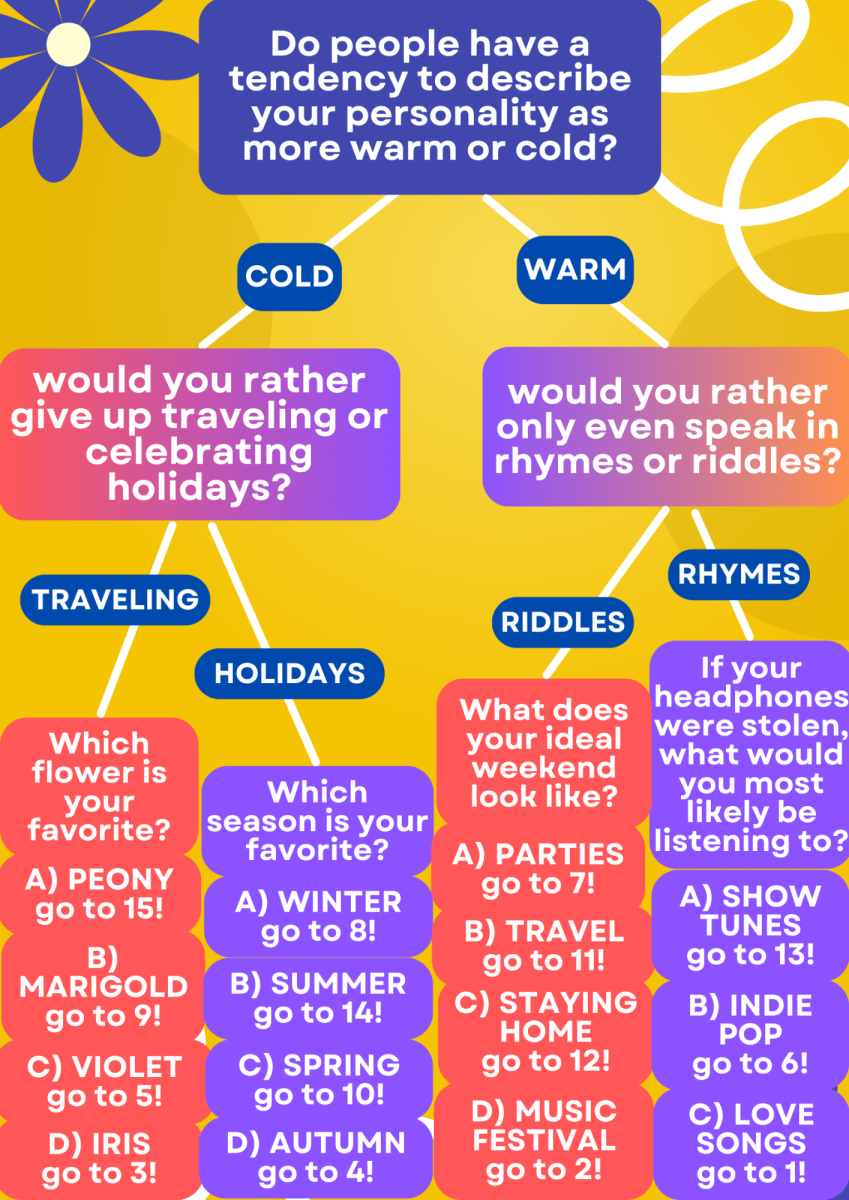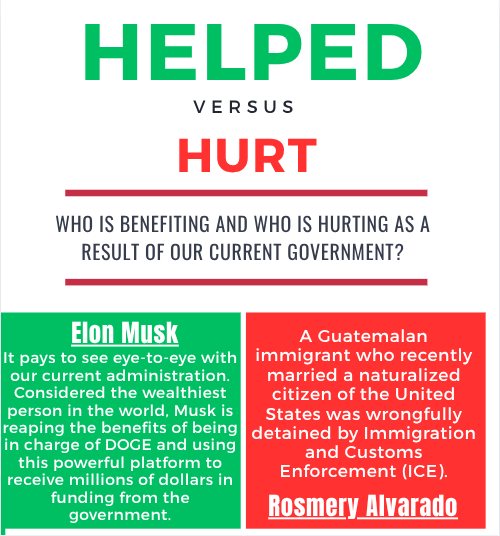You and your friend Joe are sitting together at lunch, deciding what fruit to get. Apples are your favorite, but Joe is insistent that bananas are superior. You tell him that you’re just going to get an apple, but little do you know, he’s got a few arguments prepared to change your mind.
“I have never had a banana that wasn’t amazing. Apples? They’re always bruised and mushy. Factually, bananas are a much better fruit,” Joe says.
However, Joe’s logic is not sound. He has committed a logical fallacy, a failure in logic that avoids proper reasoning. Logical fallacies are very common in everyday arguments. In this situation, Joe is using an anecdotal fallacy, meaning he’s using his own experience to justify a belief. You point out that just because Joe has never personally had a bad banana, that doesn’t mean every single banana is good. Furthermore, a few bad apples does not mean every single apple is bad.
Joe is not finished. He will not stop until he has successfully convinced you of the truth. “Everyone I know likes bananas,” he says. “How could you possibly not like them? Everybody knows that they’re way better than apples.”
Joe is completely unaware that in his appeal to populus, he is utilizing a bandwagon fallacy. He falsely assumes that since a lot of people like bananas, bananas must be a better fruit. You tell him that something being popular doesn’t imply that it’s actually good, and that good unpopular opinions can exist.
“So you’re saying that we should just eat apples all the time. You think that we need to eat apples 24/7 and should never eat anything but apples,” Joe retorts.
Joe’s newest claim is commonly known as a strawman argument. Your opinion is nowhere near as extreme as he is making it out to be. However, the concept of only ever eating apples is an easier point to argue against. Joe has assumed your beliefs so he can attack an argument you never made. When you explain this to Joe, he doesn’t change his position.
“If you don’t eat a banana for lunch today, what’s next? You’ll just keep eating apples forever and you won’t try anything new. You’ll go insane from eating so many apples,” he says.
Joe’s next fallacious argument is a slippery slope. You explain to him that one event happening doesn’t guarantee another event happening, and you can eat one apple now without falling down a hill of only eating apples for the rest of your life.
By now, Joe is starting to look a bit depleted. He expected to have changed your mind. “I do not understand how you could like apples better. Bananas have to be a better fruit. It doesn’t make any sense otherwise,” he says.
You tell Joe that he has made an argument from incredulity. His inability to understand how you prefer apples doesn’t and shouldn’t prevent you from liking apples better.
At this point, Joe has had just about enough. He no longer has the energy to keep defending bananas. “The true answer must be in the middle,” he says. “The superior fruit would have to be a genetically modified combination of both apples and bananas. You’d have to combine their DNA to get the ultimate fruit.”
This argument is known as a false compromise. Joe assumes that a debate always has two sides, and somewhere in the middle lies the truth. He also assumes both sides must be wrong since the answer is disputed.
When you explain this to Joe, he gets the wrong idea. “If that’s the case, then only one of us can be right. Either apples are good, or bananas are good. There are only two possible answers,” he decides.
Among his mountain of logical failings is yet another fallacy. This time, he is using a false dilemma. You insist that just because a debate exists between two choices does not mean that only one answer is correct. Both answers could be right, and neither answer could be right. It all depends on the situation.
Joe, annoyed that you keep pointing out his incorrect logic, decides to give up. You decide to get an apple and a banana anyway because at the end of the day, it’s just fruit.













